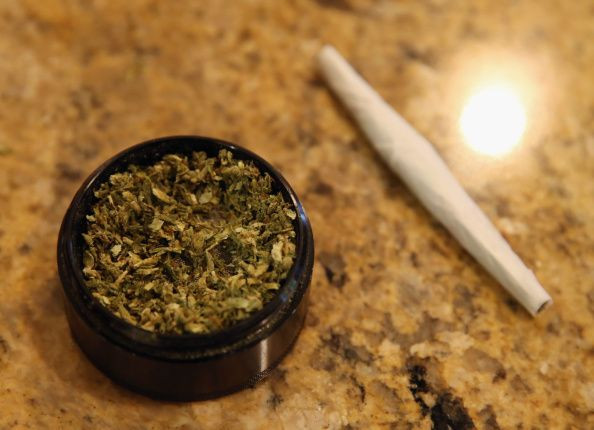Studies Show Strong Links Between Marijuana Potency And Psychotic Breaks

The legalization of marijuana for both medical and recreational use is gaining positive ground across many U.S. states, and its acceptance is so rapid despite a lack of comprehensive study on its possible long-term benefits and side effects. However, new research that links it to potential psychotic breaks places doubt on whether it is right to allow people to use weed freely.
In the research published in Lancet Psychiatry, scientists confirmed findings from previous experiments showing that a THC concentration of 10 percent or higher can lead to mental health problems. To be precise, the study used the term “psychotic disorder” to refer to the symptoms post-marijuana use, such as delusions and hallucinations lasting one week.
The study covered 901 psychiatric patients aged 18 to 64 years old in Europe and Brazil. All of the subjects were diagnosed with first episode psychosis and observations were compared with a control group from the local populations.
The scientists found that daily marijuana use increased the likelihood of a psychotic disorder, and this was five times more so in those who consumed high-potency weed variants. They then observed that if there was no supply of high-potency cannabis, cases of first-episode psychosis would be preventable.
While speaking to CNN, Dr. Maria Di Forti, lead author of the study, said that these findings do not immediately mean that high-potency cannabis is directly linked to psychotic breaks, adding that further research is required to make a conclusion. However, she and her team estimate that out of five new psychosis cases, one may be related to daily marijuana use and one in 10 cases is due to high-potency weed.
In the U.S. medical marijuana is legal in 33 states, while recreational marijuana is allowed in 10. Fifteen states still see it a fully illegal.
© Copyright IBTimes 2025. All rights reserved.





















